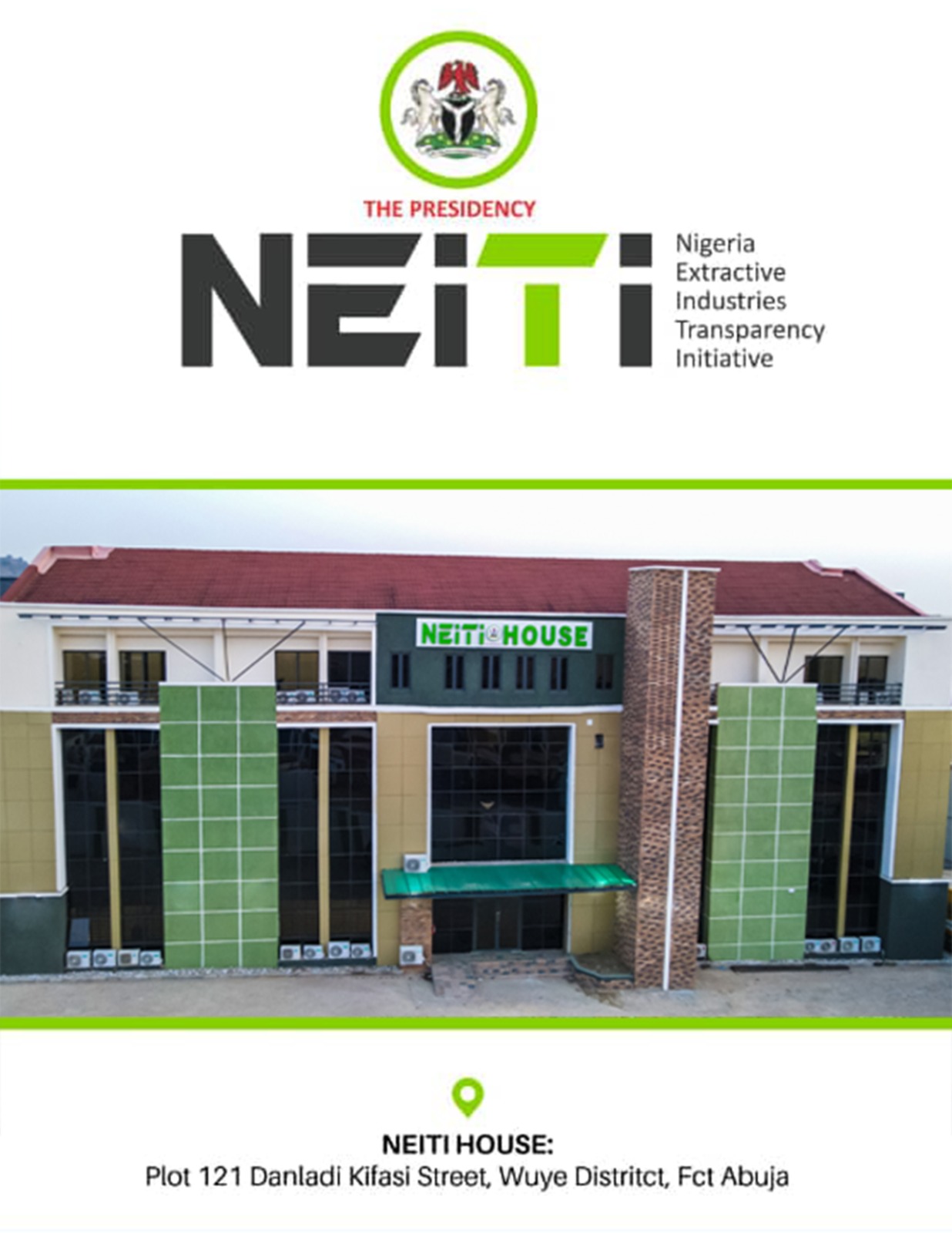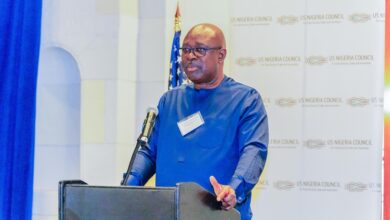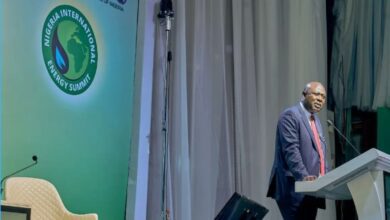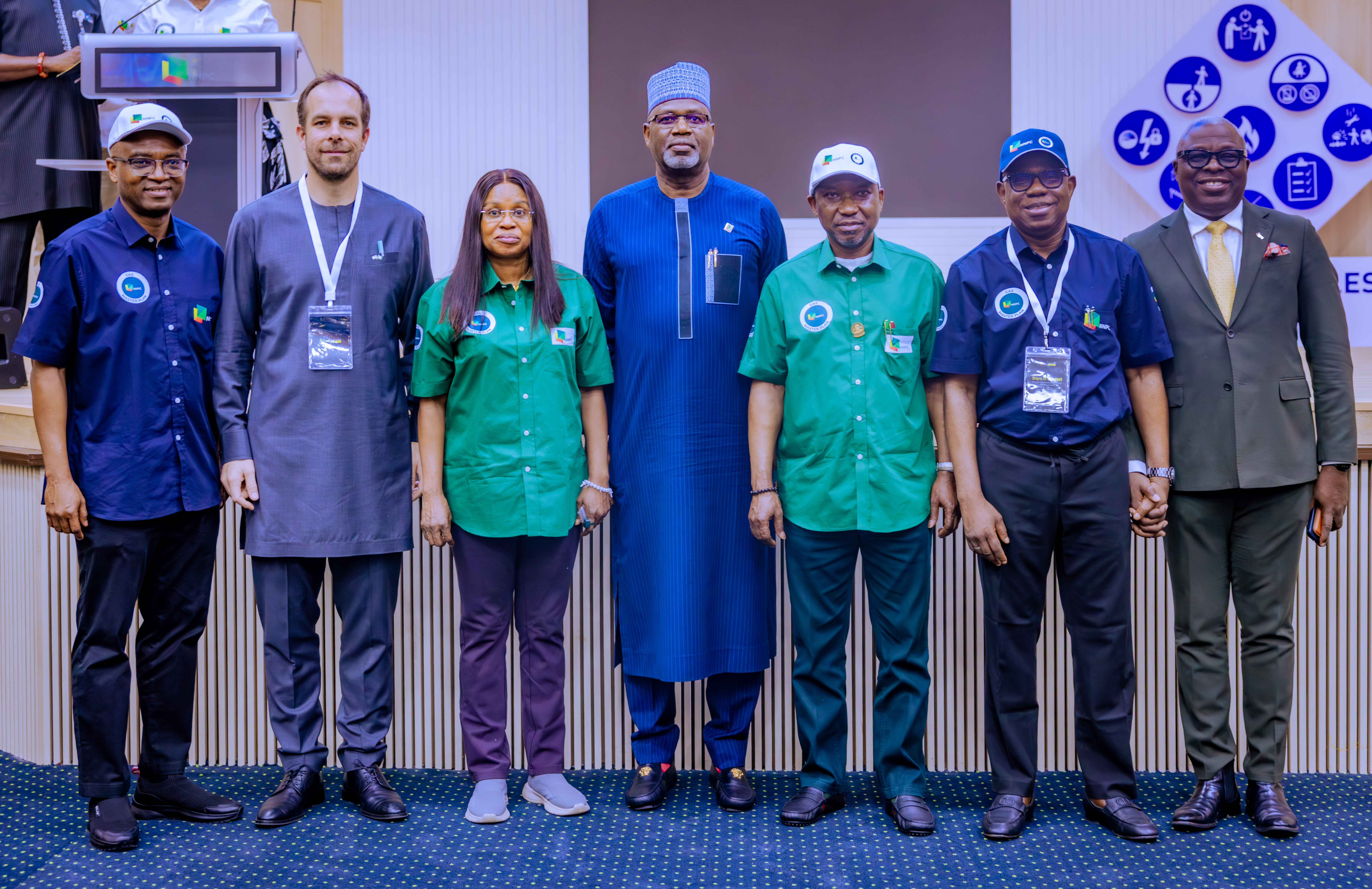Subsidy Removal: NEITI Applauds FG, Offers Eight Strategic Considerations

The Nigeria Extractive Industries Transparency Initiative (NEITI) has applauded the political will, courage and sincerity of purpose demonstrated by President Bola Ahmed Tinubu to remove fuel subsidy right from his inaugural speech.
NEITI’s Deputy Director/Head Communications & Stakeholders Management, Obiageli Onuorah in a statement on Tuesday, described the move as a positive statement by the administration to decisively implement the findings and recommendations contained in the NEITI reports.
The bold step, NEITI said, was required to block leakages, grow revenues and advance the ongoing reforms in the oil, gas and mining industries.
NEITI recalls that its recommendations for the removal of fuel subsidies have remained a persistent request since 2006 given the agency’s concerns about the huge financial burden that the subsidy regime imposed on the growth of the Nigerian economy over the years.
From the NEITI reports, between 2005 to 2021, the country spent $74.3862Billion which translates to 13.697 trillion in Naira.
According to the NEITI report, a breakdown of these figures showed that in 2005, the government paid $2.6Billion (N351Billion) as subsidy. In 2006 & 2007, it paid $1.99Billion & $2.176Billion (N257Billion & N272Billion) respectively.
The report further pointed out that subsidy payments more than doubled in 2008 and 2010 and witnessed the highest increase ever in 2011 to $13.52Billion (N2.11Trillion). A sharp decline was witnessed in the years 2012, 2013, 2014 and 2015 when it dropped to $3.336Billion (N654Billion) in 2012. The decline in subsidy expenditure continued in 2016 and 2017 to as low as $473Million (N154Billion) in 2017.
The reduction was short-lived as the payments skyrocketed to over $3.88Billion (N1.190Trillion) in 2018 and 2021 to $3.575Billion (N1.43Trillion). By these figures, Nigeria expended an average of 805.7Billion Naira annually, 67.1Billion monthly or N2.2Billion daily.
The NEITI data, in addition, showed that the amount expended on subsidies from 2005 to 2021 is equivalent to the entire budget for health, education, agriculture and defence in the last 5 years. The sum also equals the capital expenditure for 10 years between 2011-2020.
Subsidy payment reached its peak in 2011 ($ 13.52 Billion or N2.11 Trillion). NEITI explained that it was during this time (2011) that fuel subsidies dwarfed allocations to all critical areas of the economy.
NEITI ‘s persistent calls for the removal of petroleum subsidies were informed by the fact that the ways and means of funding the expenditure over these years relied more on federation accounts funds, the federal government and sometimes from external borrowing with negative consequences on government overall revenue profiles.
NEITI was also concerned that the consequences of funding subsidies have resulted in poor development of the downstream sector, declining GDP growth, rise in product theft, pipeline vandalism, environmental pollution and undue pressure on foreign exchange. Other challenges imposed on the economy were naira depreciation, low employment generation, the declining balance of payments and worsening national debt.
In a policy advisory released by the NEITI House in late 2022 to drive home the urgency to remove subsidy and re-submitted earlier in the year 2023, NEITI recommended eight steps to manage subsidy removal when and if the decision is made. These include the urgency to strengthen the implementation of the Petroleum Industry Act (PIA) as a whole and not in parts.
NEITI also underlined the importance of unveiling the implementation of people-oriented welfare programs to provide relief for the poor and vulnerable; advised on priority attention to be paid to the rehabilitation of the nation’s four refineries currently ongoing while encouraging private investments in establishing new refineries.
Other policy considerations are that government should commission a special report on actual PMS consumption in Nigeria, enforce stringent sanctions for criminal activities in the oil and gas sector and conduct appropriate stakeholders’ consultations, engagements and enlightenment.
While the details of the implementation of the policy are being awaited, NEITI is set to commission a special research on the actual consumption of PMS in Nigeria.
The study is to establish precisely what the nation is consuming. NEITI’s view remains that the data on the country’s actual consumption is unknown resulting in huge revenue losses to the nation through subsidy payments based on estimates.
NEITI particularly welcomed President Bola Tinubu’s position that the revenues saved from subsidy should be channeled to education, health, roads and other critical infrastructure,
The policy advisory also conducted a survey of the pump price of petrol across the country outside the major cities of Lagos & Abuja during the era of petroleum subsidy.
In the North West, North East and North Central states a litre of petrol averages N270.00, N265.80 and N 269.00 respectively. The southern states pay slightly lower with the South-South paying N232.50, South East N235.20k while the South West states pay an average of N250.00. Major marketers and prices at the state capitals stood largely between N169.90 to N190.00.
NEITI’s study on the petroleum subsidy also established the prices of Petroleum products across Nigeria’s borders and within the West and East African region. In Senegal, a litre of fuel sells for 635.91k, while in Guinea, Sierra-Leone, Togo, Cameroun and the Republic of Benin it costs N609.30k, N506.96K, N 497.78K, N449.24 and N462.23k respectively. It is on record that the supply to some of these Nigerian neighbours is largely the smuggled subsidized petroleum products from Nigeria.
NEITI’s position which is based on the data in its reports has also been strengthened by similar empirical studies and recommendations by reputable international organisations such as the World Bank and our global body, the Extractive Industries Transparency Initiative (EITI).
NEITI, therefore, calls on the regulatory institutions to stand firm and tackle artificial scarcity, hoarding and other man-made obstacles being created at the moment to frustrate the implementation of subsidy removal.
“With its removal, subsidy payments for petroleum products with its attendant insecurity in the country, due to smuggling etc will be reduced”, the agency said.






